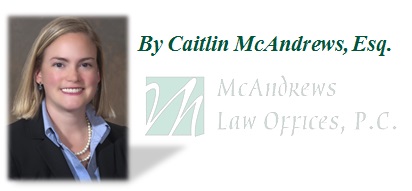610.648.9300
PA: Philadelphia / Berwyn / Scranton / Wyomissing / Pittsburgh / Central PA // DE: Wilmington / Georgetown // Washington, DC Metropolitan Area
- About MLO
- Attorneys & Staff
- Practice Areas
- Special Education
- Estate Planning
- Special Needs Trusts
- Elder Law
- Guardianship
- Estate Administration and Probate
- Personal Injury
- Review of Academic and Organizational Policies, Practices, and Allegations of Misconduct
- Abuse of Children, Persons with Disabilities and Elderly Citizens
- University Discipline and Title IX Representation
- Investigations
- Business Succession Planning Services
- Will Contests, Trust Distribution Disputes, and Power of Attorney and Guardianship Abuses
- Events
- MLO Articles & Videos
- News
Look Before You Leap: Considerations before making placement changes for your child with a disability
You are here:
- Home
- MLO’s Publications, Presentations, & Videos
- Articles
- Look Before You Leap: Considerations…

